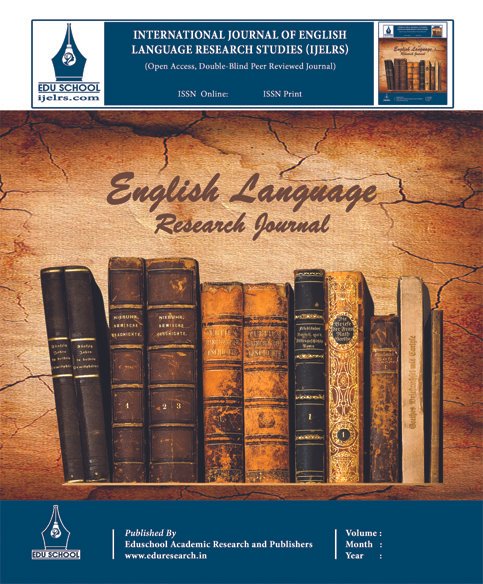
International Journal of English Language Research Studies
English
International Journal of English Language
International Journal of English Language Research Studies
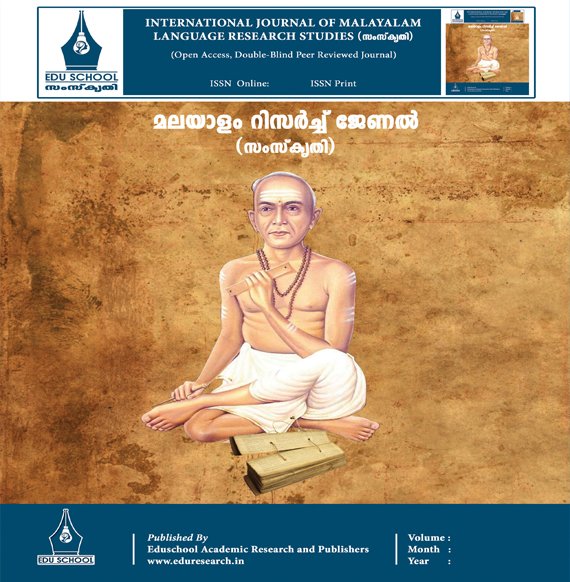
Indian Journal of Malayalam Language Research Studies
malayalam
Indian Journal of Malayalam Language Research Studies
Indian Journal of Malayalam Language Research Studies

Indian Journal of Tamil Language Research Studies
tamil
Indian Journal of Tamil Language Research Studies
Indian Journal of Tamil Language Research Studies

Indian Journal of Sanskrit Language Research Studies
sanskrit
Indian Journal of Sanskrit Language Research Studies
Indian Journal of Sanskrit Language Research Studies

Indian Journal of Hindi Language Research Studies
hindi
Indian Journal of Hindi Language Research Studies
Indian Journal of Hindi Language Research Studies
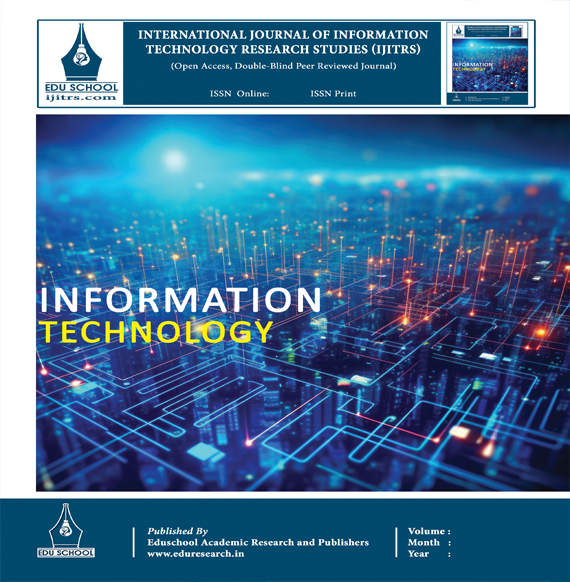
International Journal of Information Technology Research Studies
Information Technology
International Journal of Information Technology Research Studies
International Journal of Information Technology Research Studies
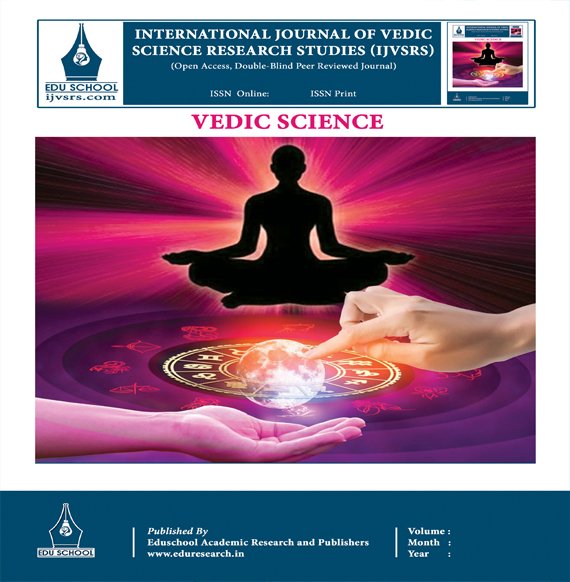
International Journal of Vedic Science Research Studies
Vedic Science
International Journal of Vedic Science Research Studies
International Journal of Vedic Science Research Studies
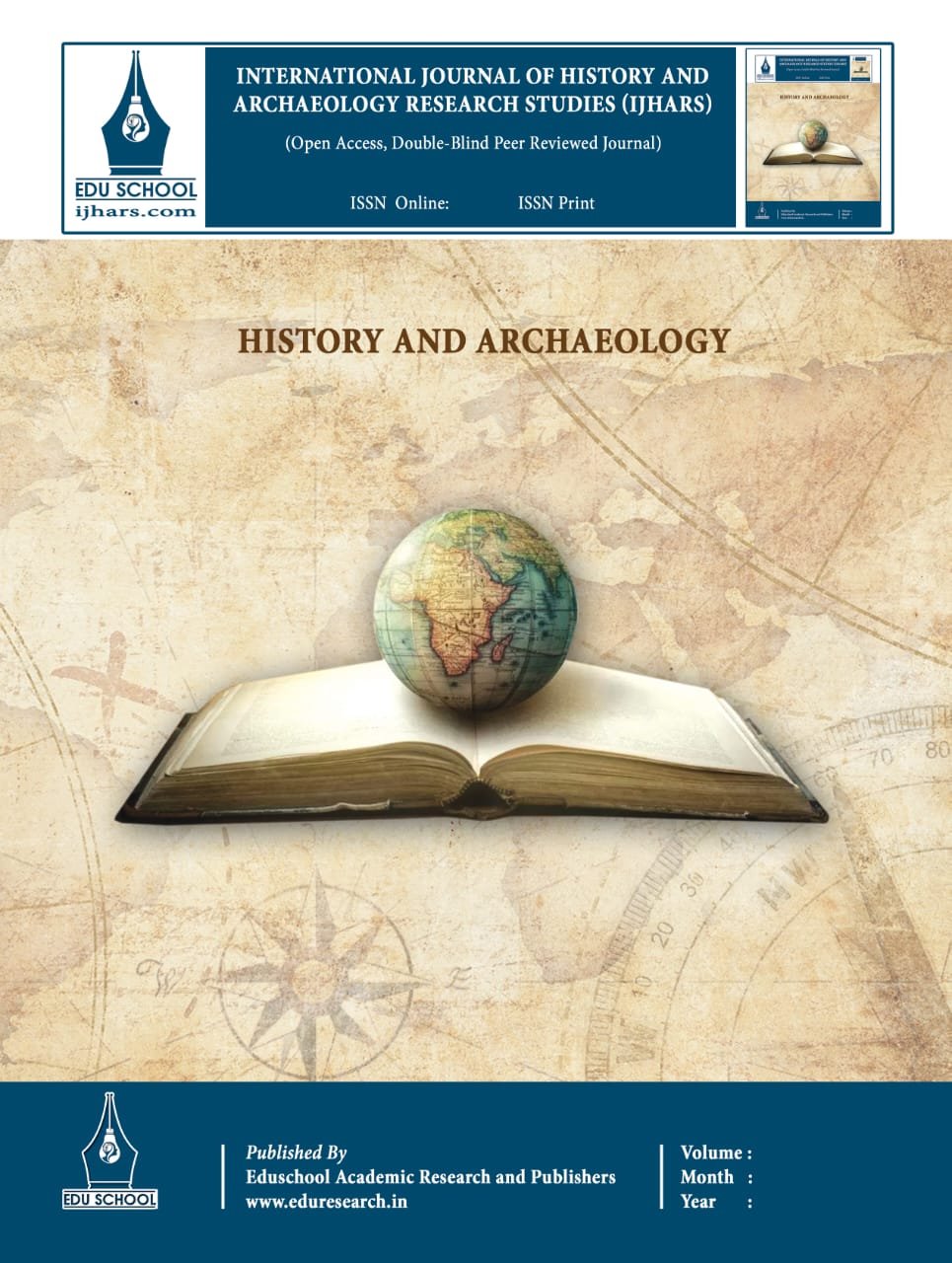
International Journal of History and Archaeology Research Studies
History
International Journal of History and Archaeology Research Studies
International Journal of History and Archaeology Research Studies
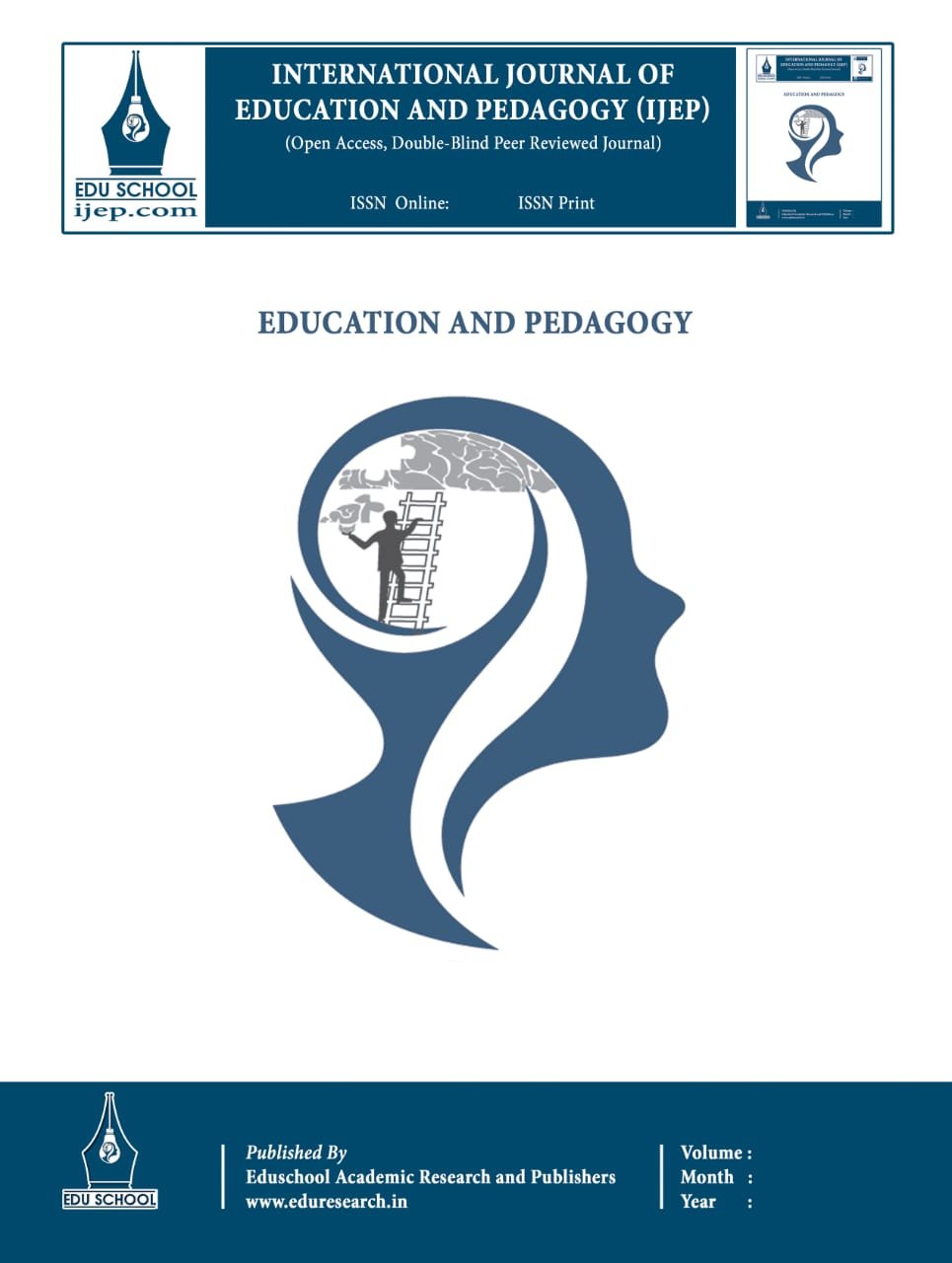
International Journal of Education and Pedagogy
Educational Studies
International Journal of Education and Pedagogy
International Journal of Education and Pedagogy

International Journal of Teachers Education Research Studies
Educational Studies
International Journal of Teachers Education Research Studies
International Journal of Teachers Education Research Studies

International Journal of Gender Research Studies
Gender Studies
International Journal of Gender Research Studies
International Journal of Gender Research Studies

International Journal of Judicial Science Research Studies
Law
International Journal of Judicial Science Research Studies
International Journal of Judicial Science Research Studies

International Journal of Commerce and Management Research Studies
Commerce and Management
International Journal of Commerce and Management Research Studies
International Journal of Commerce and Management Research Studies

International Journal of Administration and Management Research Studies
Commerce and Management
International Journal of Administration and Management Research Studies
International Journal of Administration and Management Research Studies

International Journal of Social Science Research Studies
Social Science
International Journal of Social Science Research Studies
International Journal of Social Science Research Studies

International Journal of Technical Research Studies
Technical Studies
International Journal of Technical Research Studies
International Journal of Technical Research Studies
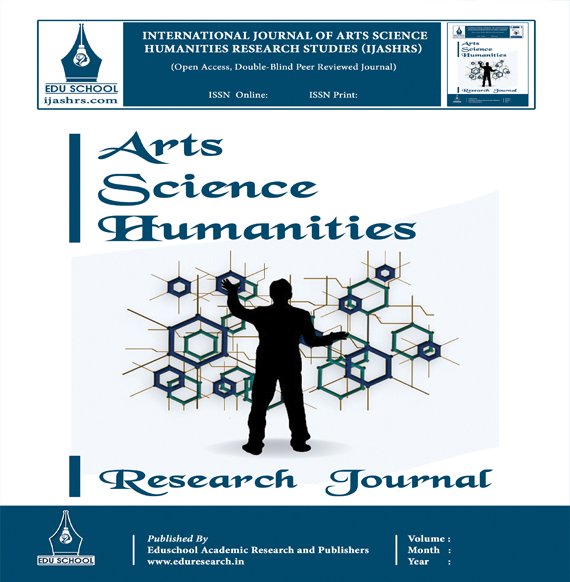
International Journal of Arts Science Humanities Research Studies
Multidisciplinary
International Journal of Arts Science Humanities Research Studies
International Journal of Arts Science Humanities Research Studies
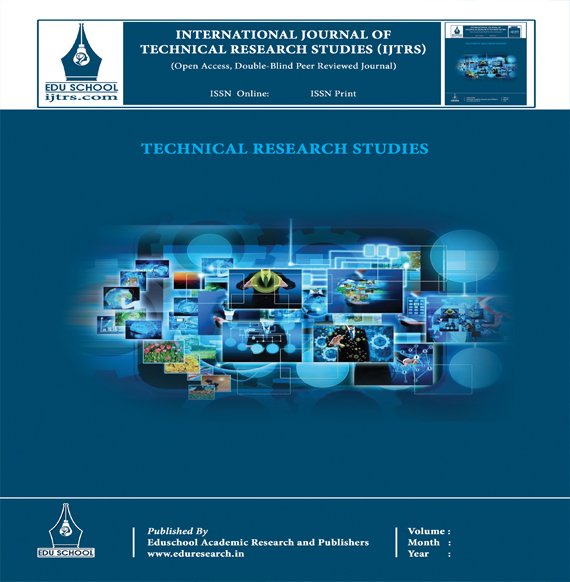
International Journal of Indian Language Research Studies
Multidisciplinary
International Journal of Indian Language Research Studies
International Journal of Indian Language Research Studies
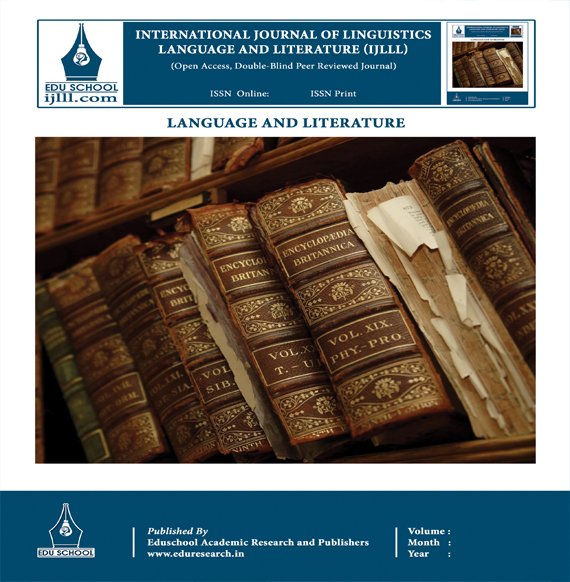
International Journal of Linguistics Language and Literature
Multidisciplinary
International Journal of Linguistics Language and Literature
International Journal of Linguistics Language and Literature
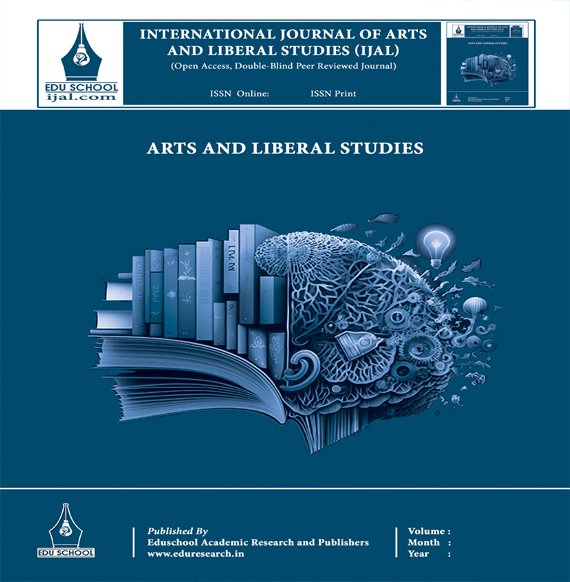
International Journal of Arts and Liberal Studies
Multidisciplinary
International Journal of Arts and Liberal Studies
International Journal of Arts and Liberal Studies
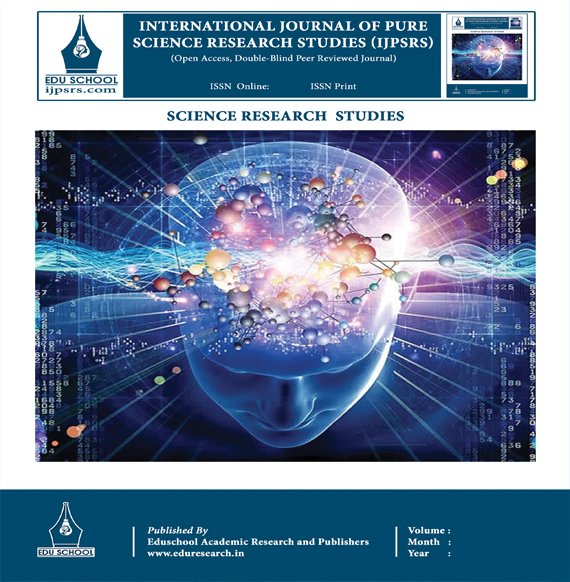
International Journal of Pure Science Research Studies
Multidisciplinary
International Journal of Pure Science Research Studies
International Journal of Pure Science Research Studies

Indian Journal of Jurisprudence and Reviews
Law
Indian Journal of Jurisprudence and Reviews
Indian Journal of Jurisprudence and Reviews

Journal of Indian Historical Insights and Culture
History
Journal of Indian Historical Insights and Culture
Journal of Indian Historical Insights and Culture

International Journal of Education Insights
Educational Studies
International Journal of Education Insights
International Journal of Education Insights
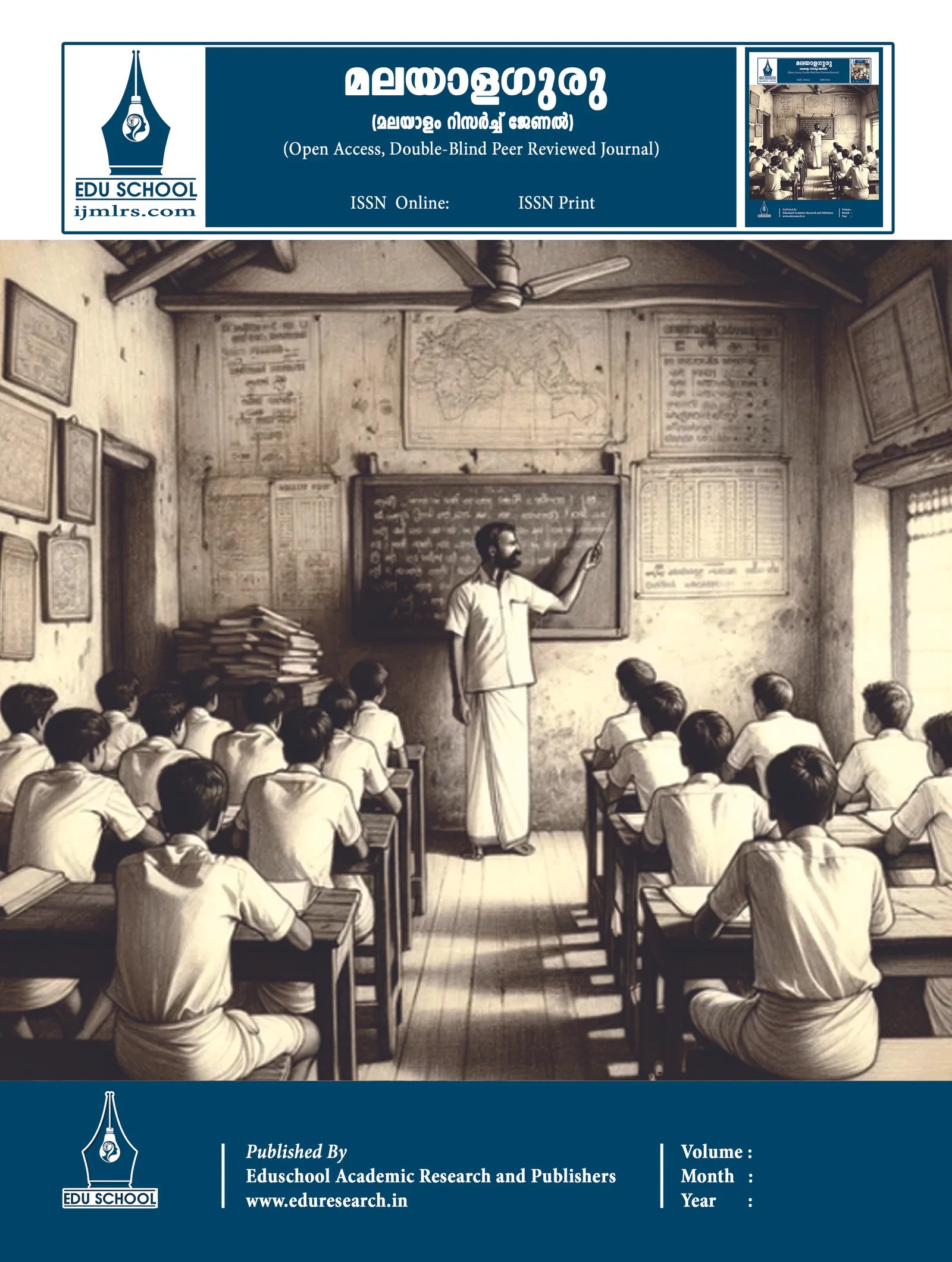
MALAYALAGURU
Malayalam
MALAYALAGURU
MALAYALAGURU
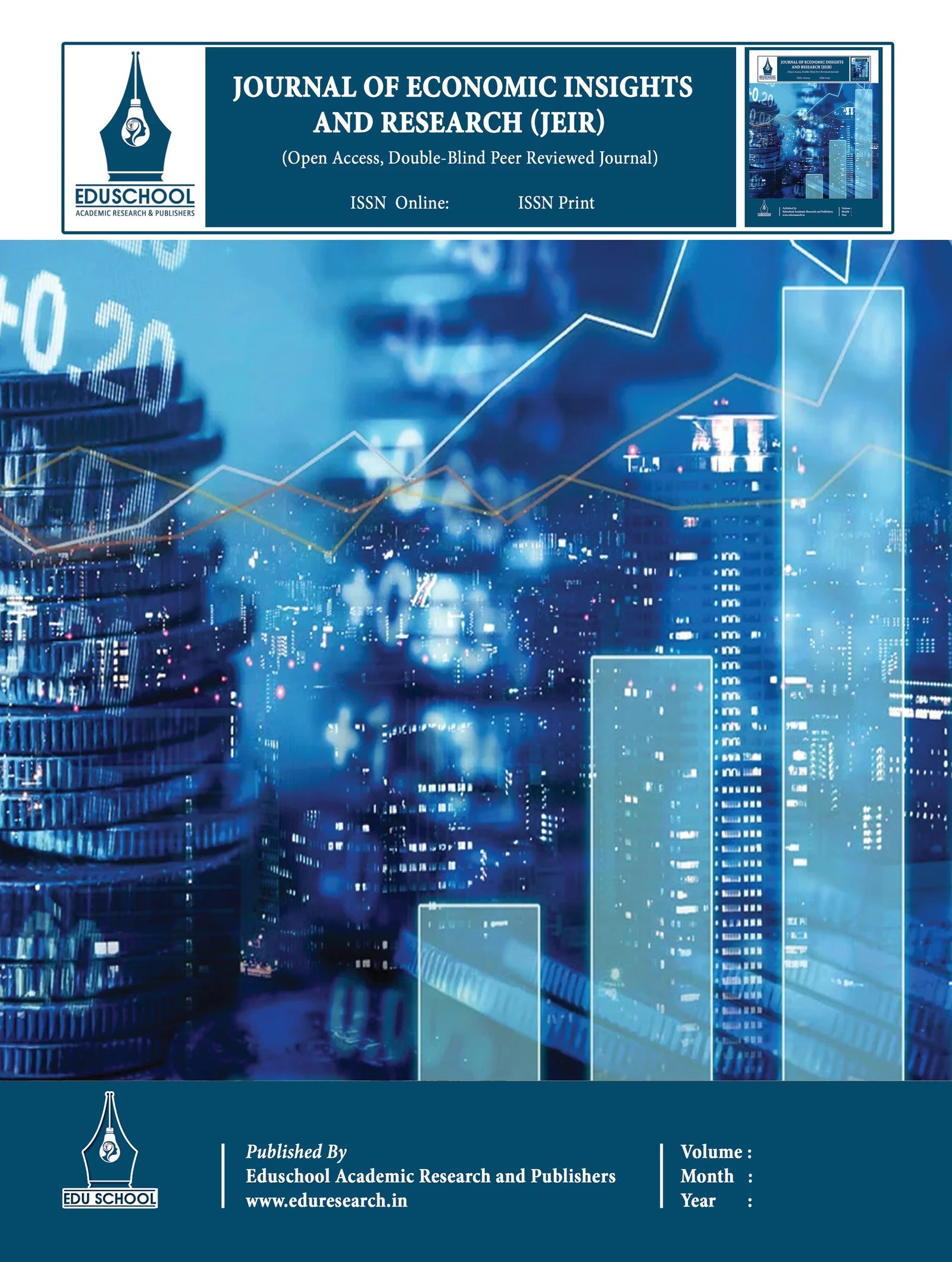
Journal of Economic Insights and Research
Social Science
Journal of Economic Insights and Research
Journal of Economic Insights and Research